Sale! Sale! Sale!
I quite like this poster for the sheer enthusiasm of it, but couldn't really come up with any questions. Except perhaps for 'Is there absolutely definitely a sale on?', to which the correct answer would be 'Oh yes, there's no doubt that there's a sale on and it shall be ending shortly so buy now!'
So your task here is to navigate the cursive, deal with the changes of direction, and don't get too frustrated with the crossings-out in order to provide us with a complete transcription of the bright yellow poster and its smaller friend.



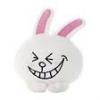
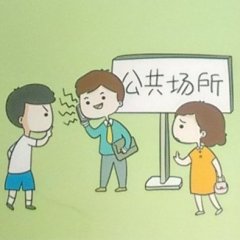


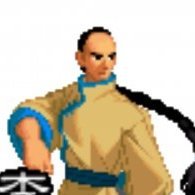


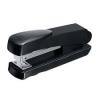
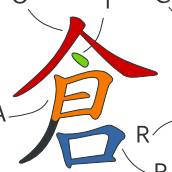


11 Comments
Recommended Comments